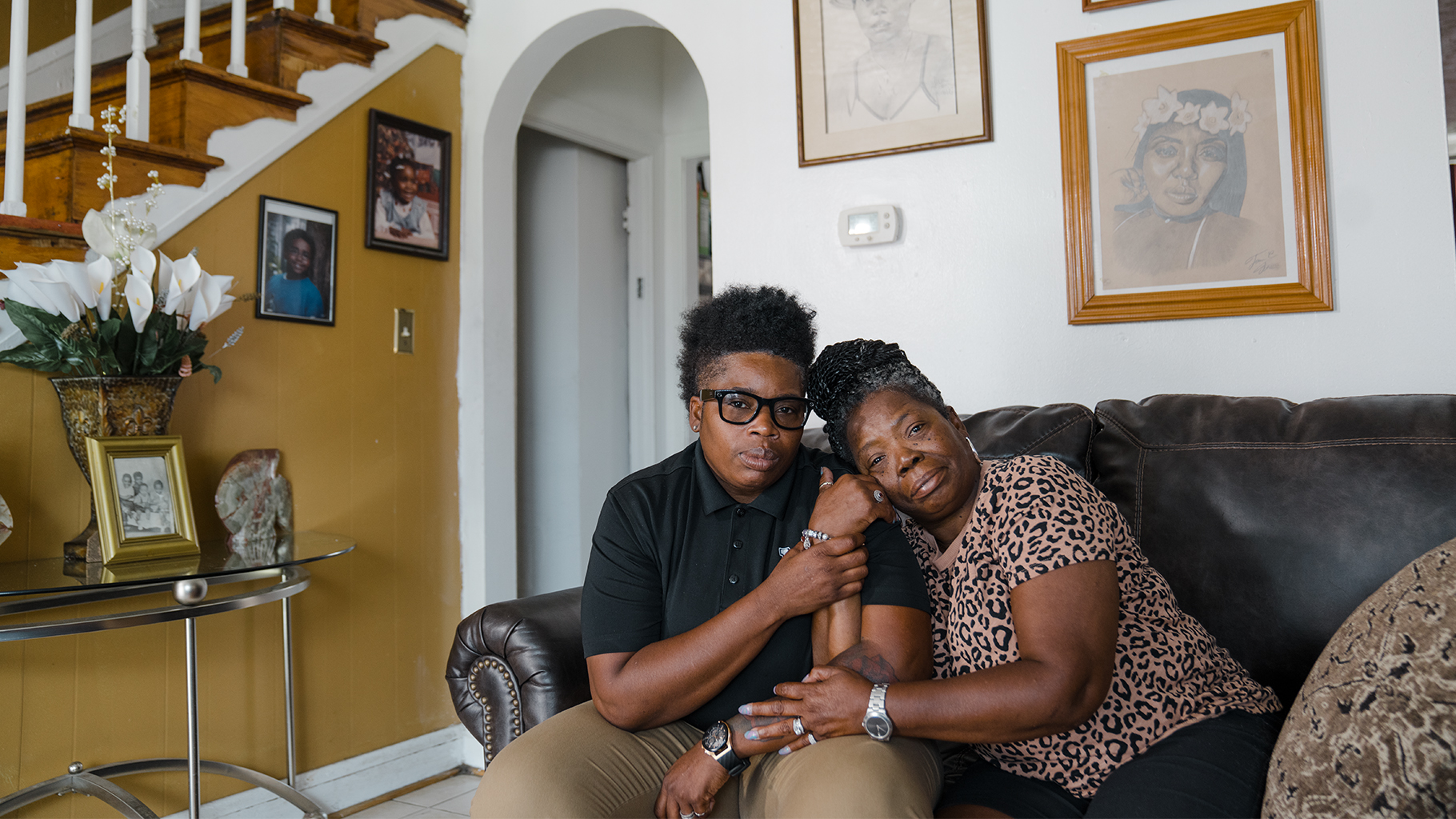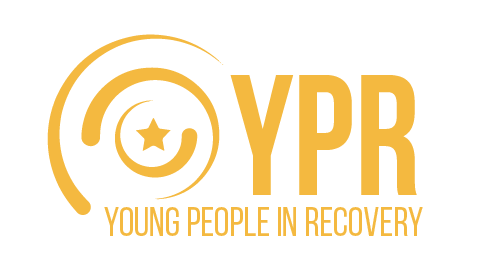DENVER: Young People in Recovery (YPR) announced today that it has received a $3M donation from author and philanthropist MacKenzie Scott, one of the largest unrestricted gifts ever to a direct services provider in the substance use recovery space.
“YPR is humbled and extraordinarily grateful for Ms. Scott’s generosity and for her enthusiasm for our work,” said Ann Herbst, YPR’s executive director. “With substance use and overdose deaths on the rise during COVID, particularly among young people, it’s more important than ever that youth and young adults get the support they need to sustain long-term recovery from drugs and alcohol. This is a victory for the entire field and all the advocates who have been working so tirelessly for more resources and attention to be invested in this space. YPR looks forward to using the gift to strengthen its capacity to serve young people in recovery from substance use disorder.”
About the Youth Substance Use Epidemic:
Adolescents and young adults lost an estimated 1.2 million years of life due to unintentional drug overdoses over between 2015 and 2019, according to a research letter published in JAMA. About 3,300 adolescents ages 10–19 years old died of an unintentional drug overdose in the U.S. during the five-year period, representing about 187,078 years of life lost. That number rises to nearly 22,000 young people when expanding the age group to those up to age 24. (Unintentional Drug Overdose Mortality in Years of Life Lost Among Adolescents and Young People in the US From 2015 to 2019 | Adolescent Medicine | JAMA Pediatrics | JAMA Network)
Drug overdoses are now the number-one cause of accidental death in the U.S. with more than six in 10 deaths of young adults involving an opioid. Substance use disorder (SUD)—including alcohol—is estimated to affect nearly 21 million people in the United States alone. Almost 90% of people with substance use disorder develop the condition between the ages of 12-20, making it even more imperative that young people with SUD be able to find help.
COVID-19 has also presented numerous barriers to treatment and recovery including reduced capacity at treatment centers, higher levels of mental stress among youth and young adults, and an increase in the number of people using drugs alone, making them more at risk of overdose death when no one is there to call for help or administer the opioid reversal medication naloxone. 2
People with substance use disorders are also at increased risks for poor COVID-19 outcomes, according to researchers at the National Institute on Drug Abuse.
About YPR:
YPR is national nonprofit organization that provides life-skills and peer support for youth and young adults in recovery from substance use disorder. In 2021, YPR hosted 5,136 events that provided 53,787 individual services to individuals of all ages in recovery from SUD. YPR envisions a world where all young people have the resources they need to thrive in recovery from addiction to drugs and alcohol. YPR’s mission is to provide the life skills and peer supports to help people recover from substance use disorder and reach their full potential.
YPR was founded in 2010 by young people in recovery (defined as up to age 30) who wanted to help others. The organization currently has 63 chapters in 17 states nationwide, including four that are conducted entirely in Spanish. YPR also offers three life-skills curriculum programs for individuals of all ages in recovery from SUD; criminal-justice involved individuals; and young teens who are at high-risk of developing SUD or who are misusing substances. All YPR activities are offered 100% free of charge to participants.
YPR chapters conduct pro-social activities so young people in recovery can find an alternative peer group that supports their recovery; free community-based workshops to help participants access resources that promote recovery such as education, housing and employment; advocacy to promote policies and programs that benefit individuals in recovery from SUD, particularly youth and young adults; and all-recovery meetings that support the many pathways to recovery including 12-Step, harm reduction, medication-assisted, faith-based, and others.
For additional information on Young People in Recovery, please visit www.youngpeopleinrecovery.org
For interviews, please contact [email protected]



